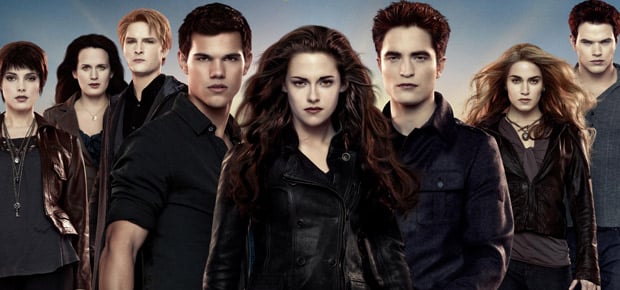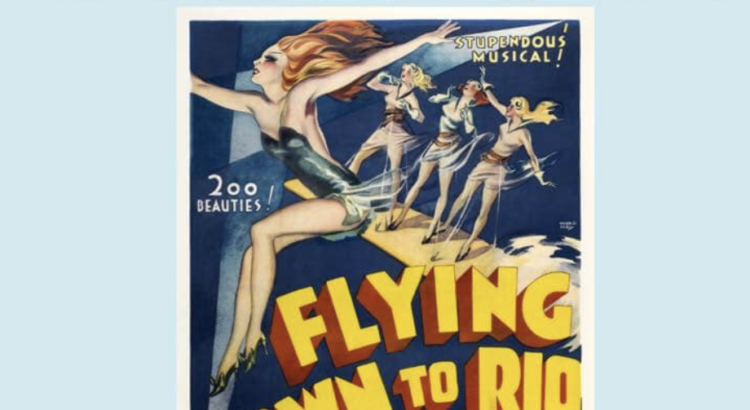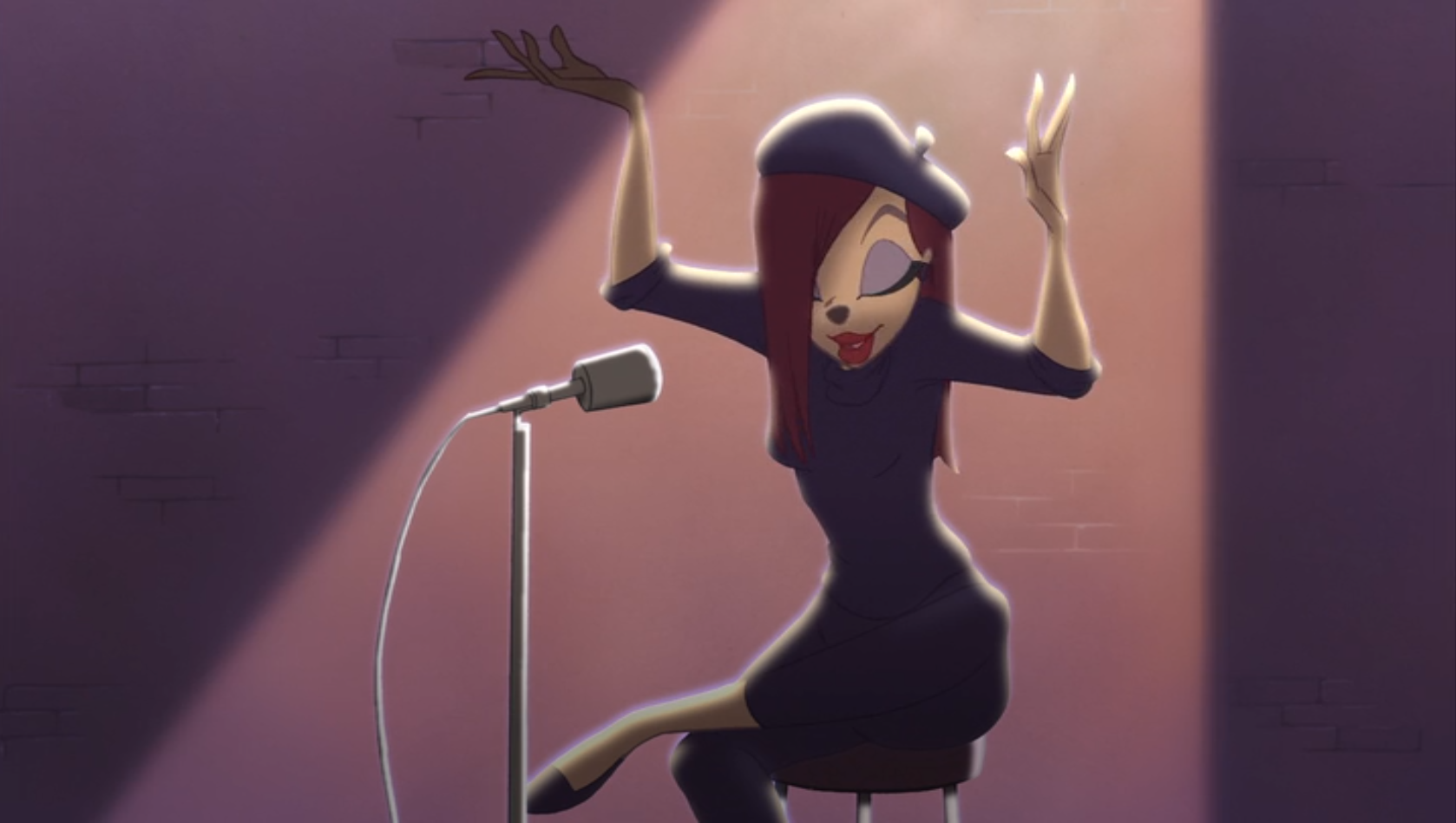The concept of this story is oddly unique for a vampire narrative. Just in the last decade, we’ve endured an explosion of often awful, needlessly obnoxious tales of those immortal blood suckers. Of course, there’s the Twilight saga, which infested the hearts and minds of middle schoolers everywhere (and of which came an entire parody film aptly named Vampires Suck), but we must also remember other spoofy concoctions like Abraham Lincoln: Vampire Hunter and What We Do In the Shadows. Thus, when presented with yet another vampire-related tale, it’s hard not to shudder before stepping forward to accept it.

I think I know what it is that makes Let The Right One In different from the rest of the recent slew of trashy vampire stories: its innocence. The main characters Oskar and Eli are children (or at least, Eli looks like a child), which restricts the themes of lust present in every other depiction of vampires in popular culture. While there is action in Eli’s killing, these scenes are distorted by the fact of her childish appearance–she cannot be taken for a fearsome murderer when we see her as a little girl. The film industry, however, loves to draw heavily on action, relying on it while allowing the actual storyline to suffer.
The Rude Mechanicals put on a great production, despite a few flaws that served as mild distractions from the play. The lighting worked wonders on the mood of the set, a ghostly blue that made the trees glow eerily, and made the playground structure dully shine. Although the soundtrack sometimes seemed like a Stranger Things ripoff, the music was still beautifully emotional, and was able to enhance the feeling of a scene. There were a few minor issues with the timing of some sound effects, as well as parts where the music overpowers dialogue or is simply distracting next to the action of the characters.

In terms of acting, I was impressed by most of the cast. Oskar (played by Chan Yu Hin Bryan) made a quite believable 12 year old, though he could easily switch on and off a more serious tone. The bullies (Ethan Haberfield and Nathan Correll) were deliciously evil, contorting their faces into bloodthirsty smirks as they tortured little Oskar, even managing to make their voices crack in true prepubescent form.
I was disappointed to find myself feeling something lacking in Eli’s (Emma Steiner) performance. In emotional scenes with her “father,” she was amazing; the stage lights seemed to give more light to her eyes than those of anyone else in the cast. Playing a character who is a 200 year old playing a 12 year old is no easy feat, I can imagine. I could see she was taking an understandable angle: Eli was stiffly attempting to act the same age as Oskar, but did not have the social intelligence to do so properly. This angle should have worked, but at some points it only sounded false and robotic. The same goes for Oskar’s mother (Juliana Tassos). She seemed to have some trouble with acting as a character decades her senior–she simply did not have experience to draw off of, and instead came off as a caricature of a stressed, aging alcoholic. Beyond this, though, she was quite skilled at knowing how to place herself on the set, from the positioning of her limbs on the couch to a somber lean on a tree, she did a good job of becoming a sad skeleton of a woman.
I would recommend that anyone looking to delve into the wonderful world of theatre attends an upcoming performance by the Rude Mechanicals. You can access their calendar of events at their website: umrudemechanicals.com.












